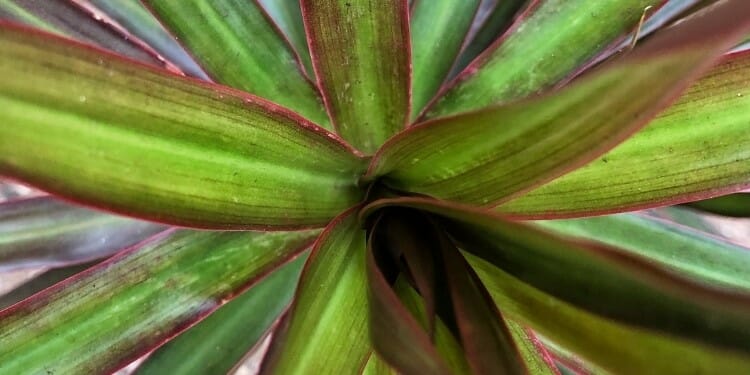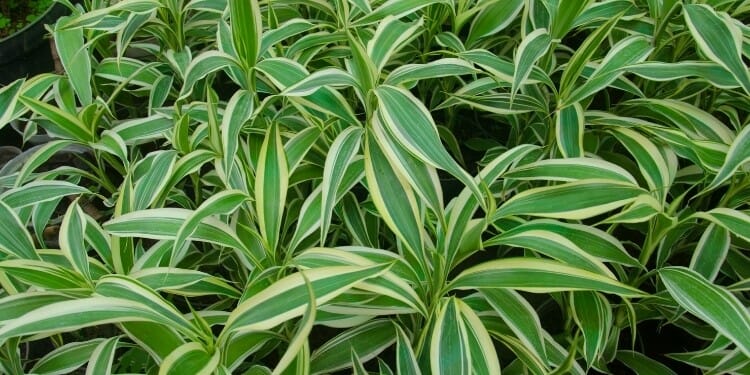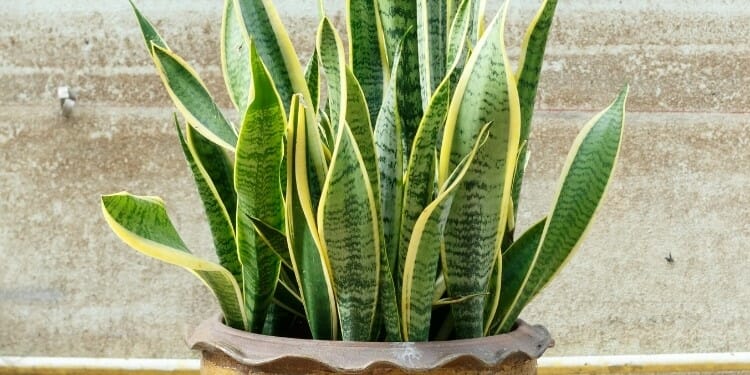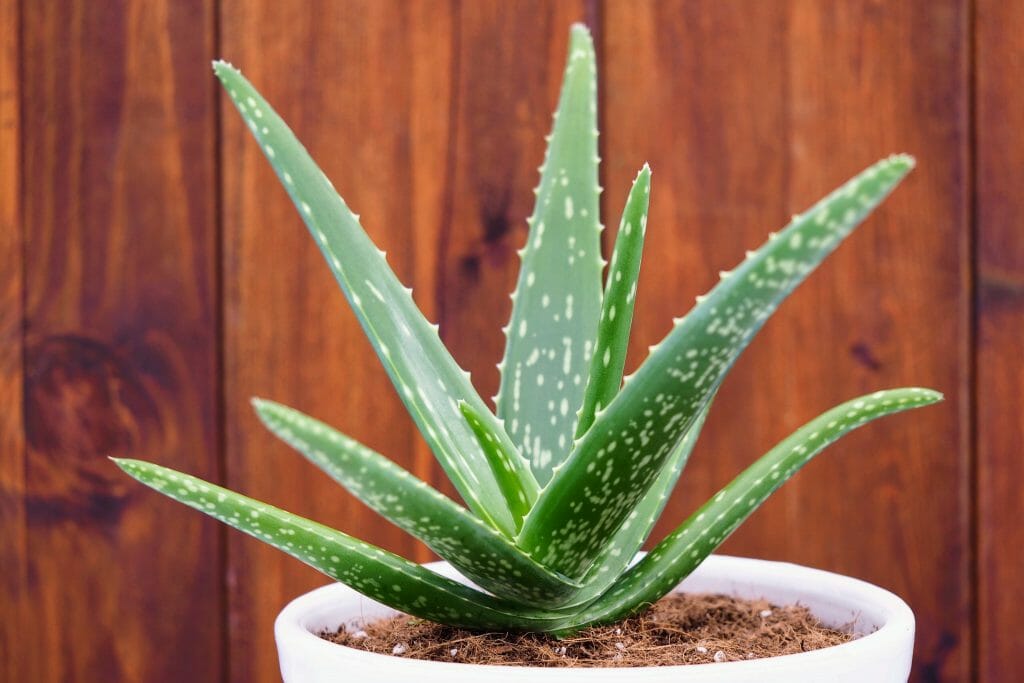You might be surprised to learn that succulents are one of the best plants to have in the home for purifying the air. Succulents definitely do clean the air inside your home.
In fact, having groupings of succulents around your home can have multiple health benefits for you and your family. Plus, they’re easy to care for and require minimal fuss.
Here are just some of the benefits of having succulents in your home.
5 Benefits Of Purified Air From Succulents
Succulents Produce Oxygen
Most plants will release oxygen into the air as part of the photosynthesis process. However, unlike other plants that respire when it’s dark, succulents will keep releasing oxygen right throughout the night.
This means that they’re extremely useful to have in the bedroom. All that freshly released oxygen will ensure you always have a really good night’s sleep.
Succulents Will Clean The Air From Toxins
There were studies done by NASA back in 1989 that revealed that succulents remove around 87% of volatile compounds from the air. The volatile compounds included in the study were benzene, trichloroetylene and formaldehyde.
All these are commonly found in indoor environments. Chemical-based cleaners and air fresheners are the biggest culprits. But these compounds can also be found in furniture, rugs, paints and fire-retardants. Quite often, these substances can cause allergies and asthma as well as other more serious illnesses.
Therefore, growing succulents in different rooms in the home will produce a much better air quality free from toxins. This is because the plants will absorb these toxins and release them as clean oxygen.
In addition, we know that plants also absorb carbon dioxide and turn this into oxygen as well.
Succulents Increase The Level Of Moisture In The Air
Succulents release water into the air throughout the day. This effectively increases the humidity in your home without the additional need of a humidifier.
This is especially good news if you or your family suffer from dry skin or a sore throat as these are commonly caused by dry air.
Succulents Can Help You To Focus Better
There was a study done by the University of Michigan that found that having plants in the classroom helped to improve concentration and memory retention. Of course, succulents are ideal to have in your home study because they don’t take up a lot of room.
Plus, they’re easy to care for as long as you don’t overwater them.
Succulents Help You Recover Faster From Illnesses
A study was done by the Kansas State University which discovered that patients recovered more quickly when they had plants in their hospital rooms. They also had lower blood pressure, experienced less anxiety and fatigue and needed less pain medication.
What Are The Best Succulents For Purifying The Air In Your Home?
There are 6 top succulents (as tested in the NASA study) that are the most efficient air cleaners for your home. These are:
- Aloe Vera (Aloe barbadensis)
- Corn Plant (Dracaena fragans)
The corn plant is effective at removing formaldehyde, trichloroethylene and benzene. It has glossy green leaves edged in yellow. Be prepared that this plant can grow up to 8 feet tall indoors.
- Janet Craig (Dracaena fragrans)
This variety of Dracaena will clear benzene, formaldehyde and trichloroethylene from the air. The plant can be situated almost anywhere within your home and be happy. It even does well in low light.
This particular succulent likes to thrive in a humid climate so an occasional misting is quite fine.
- Red-edged Draceana (Dracaena marginata)
Commonly called Dragon Tree, this succulent will eliminate benzene, xylene, formaldehyde, trichloroethylene and toluene from the atmosphere in your home. It’s also quite a stunning plant to have anywhere in the home but be prepared for it to grow tall (up to 15 feet).
It’s a slow grower though, so it could take many years for it to get to this height.
- Warneckii (Dracaena fragrans)
Another member of the Dracaena family, Warneckii will happily remove benzene, formaldehyde and trichloroethylene from the air in your home. It’s a smaller growing Dracaena (up to 4 feet) with stiff, striped leaves.
- Snake Plant (Sansevieria trifasciata)
The snake plant or Mother-In-Law’s tongue will rid your air of benzene, xylene, toluene, formaldehyde and thrichloroethylene. It’s an extremely hardy plant and will thrive on occasional neglect. However, avoid getting water on the leaves if you can. You can grow a snake plant both indoors or outdoors.
Frequently Asked Questions:
How many plants does it take to purify the air in a room?
According to a NASA study done in 1989, you need approximately three plants for every 100 square feet of floor space.
Are succulent plants good for the home?
Yes, succulents are very good at removing toxins from the air. Plus, they humidify the air as well.
Are succulents safe for the bedroom?
Yes, they’ll keep producing oxygen all night long. This will give you a better night’s sleep.
Final Thoughts
As you now know, succulents can indeed clean the air in your home. Plus, they provide plenty of additional health benefits too.
There have been many scientific studies conducted that prove beyond a doubt that having plants in your home is good for your health and the air that you breathe.
Succulents are the ideal houseplants because they’re easy to care for and many don’t take up a lot of space. And, apart from the physical benefits of having houseplants, they are also beneficial to our mental health as well.
How many succulents do you have in your home? Have you noticed better concentration and more restful sleep? Feel free to share your stories with us in the comments below.










